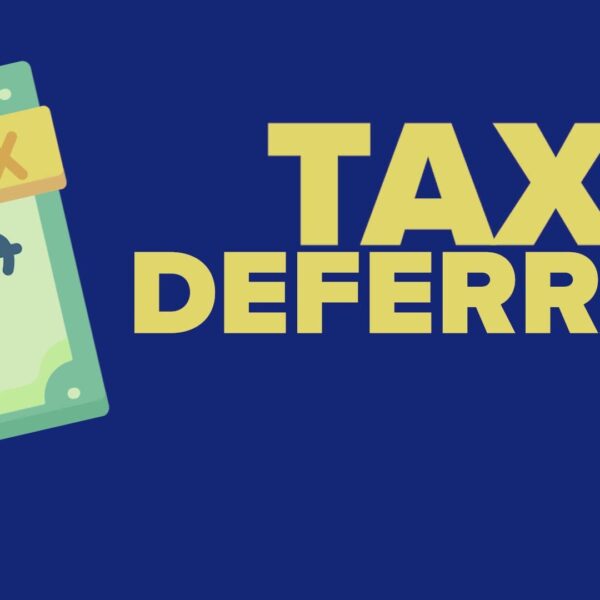Don’t roll the dice with your taxes if you gamble this year
Don’t roll the dice with your taxes if you gamble this year For anyone who takes a spin at roulette, cries out “Bingo!” or engages in other wagering activities, it’s important to be familiar with the applicable tax rules. Otherwise, you could be putting yourself at risk for interest or penalties — or missing out on tax-saving opportunities. Wins You must report 100% of your wagering winnings as taxable income. … Read more









